
A message from Grand Chief Doug Kelly, Chair, First Nations Health Council (FNHC) and Dr. Shannon McDonald, Acting Chief Medical Officer, First Nations Health Authority (FNHA)
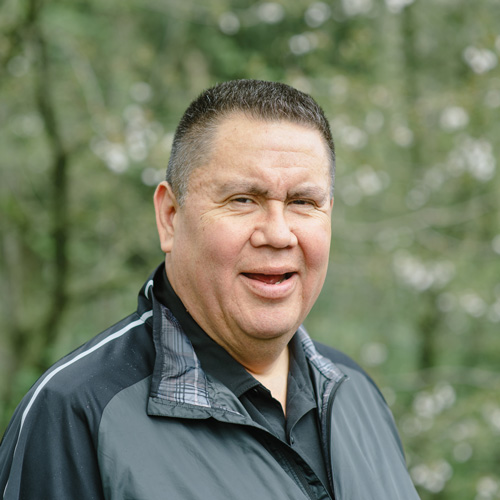 | 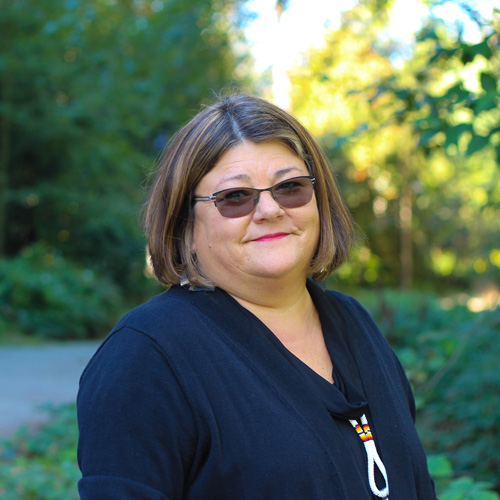 |
| Grand Chief Doug Kelly | Dr. Shannon McDonald |
Most people in BC are aware that non-medical cannabis will be legalized later this year, and that there has been extensive public engagement, debate and discussion – including with Indigenous people in BC – to reach this point. Until now, cannabis had only been approved for medicinal purposes, for example, to relieve pain.
While the public health rationale for legalization is that overall risks associated with non-medical cannabis use are expected to decrease, there is still a lot we don't know about non-medical cannabis use, including the long-term risks and benefits. As we often hear from our Elders, it's important to go slowly and carefully when we don't know. They also remind us that it's our responsibility to respect and care for the mind and the body the Creator gave to us.
Meanwhile, there is work to be done to ensure known risks and harms are minimized. For example, there is research that tells us the use of cannabis can increase the risk of mental health issues, especially among younger users (those under 16). Additional research is underway on the long-term impacts, and it is hoped that legalization will allow us to learn more and gather better information over time.
BC has now introduced legislation for review, the Cannabis Control and Licensing Act (CCLA), which confirms provincial control over the sale, supply and possession of non-medical cannabis. The CCLA also summarizes the restrictions around the possession, personal cultivation and consumption of non-medical cannabis by adults, as well as regulations for minors. While this Bill is not yet law, the parameters that it sets provide a broad set of interests.
With the legalization of non-medical cannabis, it is important that we begin a dialogue – that we engage our citizens, opinion leaders, Matriarchs, Cultural leaders and our Medicine Women/Men. Consistent with our ancestral teachings and values, it is important that we respect a philosophy of choices in this debate, and that we support our citizens to make informed choices. To do this, we first need to educate ourselves about the opportunities and challenges.
Non-medical cannabis vs. medical cannabis
Throughout the legalization process, cannabis has been referred to as "non-medical" or "medical" to distinguish the avenues through which it could legally be obtained. In the case of First Nations in BC, who often do not have adequate access to culturally safe health providers, or to the healthcare system as a whole, it is not uncommon for individuals to obtain cannabis for medical purposes through non-medical avenues. We recognize that people use cannabis for personal, often complex reasons, and that everyone's circumstances are unique.
Below are some of the key differences between non-medical and medical cannabis in BC.
| Non-medical cannabis | Medical cannabis |
- • Purchased through private or public retail outlets.
- • Must be 19 years of age to purchase.
- • No medical reason required for purchase.
- • Quality and safety of the supply, once legalized, will be regulated.
| - • Prescribed by a health care provider.
- • Usage and dosage is planned between the client and provider.
- • No changes to this system once non-medical legalization occurs.
- • Quality and safety of the supply are regulated.
|
How will non-medical cannabis be distributed?
In BC, the Liquor Distribution Branch will be the sole distributor, and retailers will be both public and private. Personal cultivation and possession regulations will allow up to four plants per household anywhere in the province.
The issue of how, or if, non-medical cannabis will be distributed in community (on-reserve) is not known. The provincial government is also still consulting with First Nations in BC about the eventual retail model in community.
We do know that approximately 40% of First Nations in BC live in remote areas of the province, and that without proper avenues for access, many First Nations may not be able to obtain legal, non-medical cannabis. This has the potential to result in continued illegal trafficking. Home cultivation can carry potential additional risks including mould, electrical fires, and accidental ingestion of cannabis products by children.
Non-medical cannabis, self-determination and health partnerships
The legalization of non-medical cannabis brings opportunities and challenges for our citizens, caregivers and leaders. We recognize that we have a shared responsibility, along with First Nations community leaders, and the Ministry of Health and our health system partners, to work together to ensure that all Indigenous people in BC have a good understanding of the facts, considerations and risks when it comes to using cannabis for non-medical purposes.
Above all, we recognize the autonomy and self-determination inherent to First Nation communities and, specifically, the right of communities to choose how to address this issue. As partners in health, the FNHC and FNHA will work alongside First Nations to identify and support First Nations' unique interests and regulatory considerations.
Non-medical cannabis and our health
As mentioned, there is still much to learn about the long-term benefits, risks or impacts of cannabis. We have heard that some community members use cannabis as medicine to reduce dependence on other more harmful substances. We have also heard that some community members find their cannabis use is negatively impacting their relationships and has caused them to retreat from family life and become socially isolated. In addition to the known risks to children and youth mentioned above, there is evidence to support the following health risks of non-medical cannabis use:
• problems with thinking, memory or physical co-ordination
• impaired perceptions or hallucinations
• fatal and non-fatal injuries, including those from motor vehicle and boating accidents, due to impairment
• mental health problems
• dependence
• chronic respiratory or lung problems
• reproductive problems
• health complications for pregnant and breastfeeding women
What is our work together around non-medical cannabis legalization?
The issue of non-medical cannabis misuse is complex -- and the management framework including cultivation, regulation and distribution by and for First Nations is still evolving.
First Nations people have been disproportionately negatively affected by promotion of tobacco cigarettes and alcohol, at times using these substances in a self-medicating way to deal with the inter-generational trauma due to the impacts of colonialism, loss of territories, residential school experiences, and racism. The FNHA will therefore continue to work with our provincial partners, including the government, to address and tackle the underlying, root causes of health and substance-use inequities.
These are all things we will all need to keep a close eye on as we work together with Indigenous people in BC as health and wellness partners. Please watch for our future public health messages, fact sheets and workshops on this important topic.
You are invited
Legalization of Cannabis and First Nations Health in BC Join the Dialogue via a UBC Learning Circle on May 24, 2018. The federal government will legalize non-medical cannabis use in the fall of 2018. What impacts may arise for First Nations families, communities and individuals in British Columbia? What does this mean for issues of problematic substance use in our communities, for public safety, driving, safe access, and self-determination of First Nations? Join our panel for a timely dialogue. 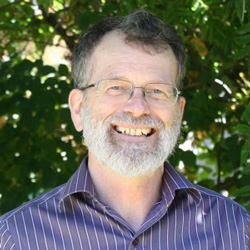
• Dr. Brian Emerson, BC Ministry of Health 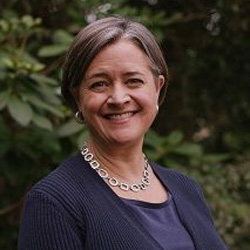
• Dr. Helena Swinkels, Acting Deputy Chief Medical Officer, FNHA 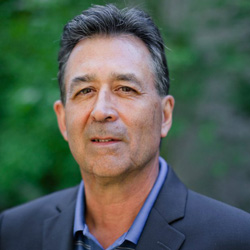
• Richard Jock, Chief Operating Officer, FNHA 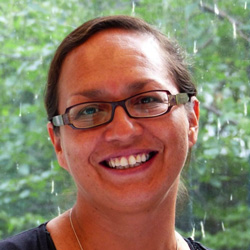
• Dr. Nel Wieman, Senior Medical Officer, FNHA
http://learningcircle.ubc.ca/2018/04/legalization-of-cannabis-first-nations-and-health-impacts-in-bc/
|
Download this message in PDF format here (160 KB)
